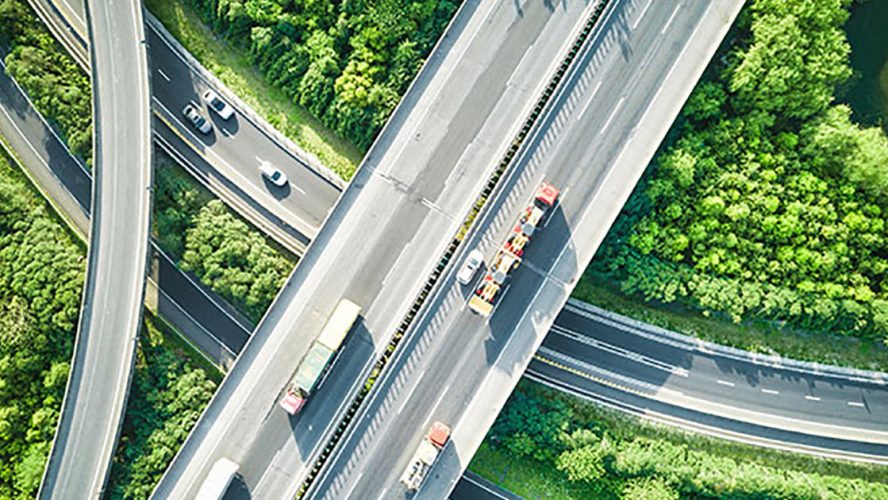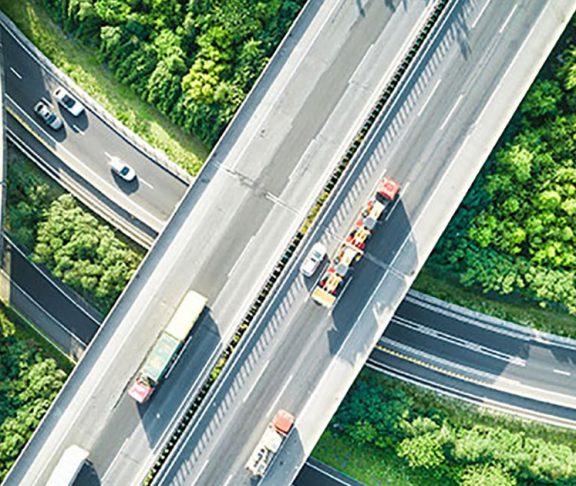
Phillip E. Russo
CEO, NAFA Fleet Management Association
Before we can see autonomous commercial and passenger vehicles on the roads, we’ll have to see sweeping changes in how these vehicles are managed, controlled, serviced and purchased.
That means that the days of “fleet management” are ending, and turning into “mobility management. Here’s how that will play out.
Connectivity
Vehicles communicate their locations with the home base for the purposes of theft-protection, vehicle routing or even diagnostics. This isn’t new; elements have been around since the debut of OnStar in 1995.
Within the next five years, most new vehicles will be connected with each other, allowing for detailed vehicle monitoring, sharing and over-the-air updates — much like smartphones.
Automation
Vehicles are already equipped with anti-lock brake systems and electronic stability programs, but ambitious additions — including fully autonomous driving — are coming soon.
In trucking and logistics, it will start with platooning — artificially linking two or more commercial trucks in a convoy using connectivity technology and driver support systems. That keeps the trucks traveling close together behind the lead, significantly reducing air-drag friction, leading to fuel savings and emissions reductions.
Sharing
New ownership and sharing models will mean fewer vehicles will be purchased. A rise in mobility companies means that vehicles could stay in service continually, instead of spending time in parking lots.
Corporate car-sharing has emerged as a replacement for pool cars in some countries, especially among municipality-owned fleets and on college campuses. These fleets could be used as on-demand car rentals to the community outside of working hours.
Electrification
Trucks and vans will see more hybrid, battery-electric and fuel-cell electric variants. Eventually, it will become cheaper to operate these vehicles than gas-powered ones.
These new, advanced technologies are going to make the future more cost-efficient, more sustainable and easier to manage.

